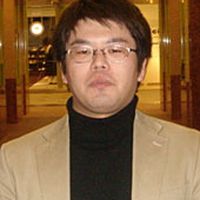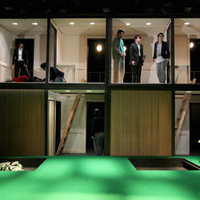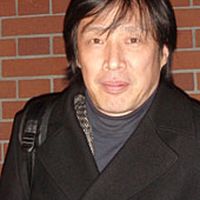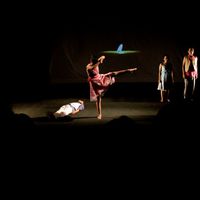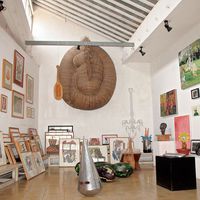Indonesia: performing arts operator reflects
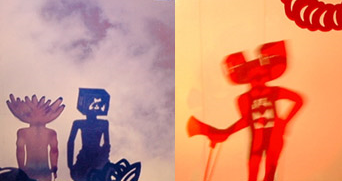
[caption id="attachment_2823" align="alignright" width="170" caption="Amna Kusumo, Indonesia"]
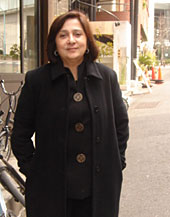 [/caption]
[/caption]Contributed by Ive Stevenheydens
There are many visions of 'the contemporary' in our region' - Amna Kusumo, Indonesia
In 1999, Amna Kusumo and three cultural activists founded Kelola, a national non-profit organisation that promotes the vitality of Indonesian arts, through the provision of learning opportunities, access to funding and information. Designed as a direct response to the needs and concerns articulated by Indonesia's performing arts, visual arts and film community, Kelola's progamme changes in response to those needs. "Contemporary artists are struggling in Indonesia," she says. "They do all kinds of commercial jobs – anything from performing at project launches through to television work and then they invest their earnings in their personal work, which they believe in."
In Indonesia there are many different ethnicities that all have their own long traditions of performing arts. Most contemporary performing artists are initially trained in the classical traditions of the region they come from. Contemporary artists from West Sumatra, Java or Sumba all have their own vocabulary of expression. Choreographers from West Sumatra will create work that is very different from that of choreographers from Java or South Sulawesi. Kusumo describes how a choreographer from West Papua recently created a piece based on his tradition, and the form would remind you of hip hop: "Contemporary Indonesian arts are thus diverse and rich, while at the same time hard to define… I think this is a positive thing."
Commercial work
Indonesia's cultural heritage is vibrant and there are a lot of talented artists. However the financial support available for the arts is quite insignificant. It is extremely difficult for an artist to find support for his/her work. Corporate sponsorship is available but usually corporations try to support commercial work that draws a big audience. So that's where we come in. Kelola is trying to fill up this gap as best as possible by providing support for creative work that is not commercially viable. As an organisation with no endowment, Kelola has to fundraise continuously to be able to offer support for artistic creation and fellowships for art managers. There is a lot of need in the arts community but very few opportunities are available for artists. Kusumo: "Sadly we cannot respond to all the requests that we receive. I really feel bad that we cannot support more people."
'I see mostly new versions of old forms'
Alison Andrews, Performing Arts Officer in the Yorkshire region for the Arts Council England. "Defining where yesterday ends, contemporary is and tomorrow begins is a highly enjoyable exercise but an impossible act".
Read more: UK: performing arts operator reflects
'To face and cherish our differences and similarities'
Kentaro Matsui is a theatre critic and also Programme Director of the Tokyo based Setagaya Public Theatre, a non-profit structure funded by the City of Setagaya Council
Read more: Japanese theatre critic reflects
'We are interrelated through history'
"I like to interpret the word 'contemporary' literally: a moment in time," says Daisuke Muto, Tokyo based dance critic and teacher at the Gamma Prefectural Women's University, Japan.
Read more: Japan: dance critic reflects
Back to main article:
Asia-EU: 4 performing arts operators reflect
Similar content
15 Apr 2008
15 Apr 2008
15 Apr 2008

